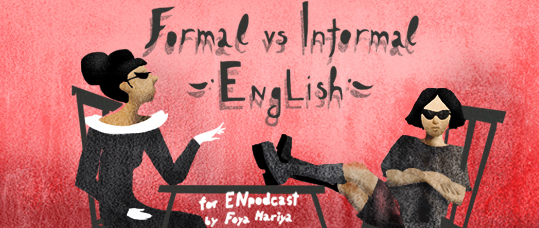1) From our novel essay on the Great Gatsby, we were asked to evaluate the quality of characters. In my essay I analyzed Nick Carraway and attempted to expose the misconcieved idea created of Nick Carraway. "Moreover, the tendency of society during that time to overlook corruption and mask it with false hope is shown through Nick's wavering views on Gatsby. Nick initially acknowledges Gatsby's hopeful nature and appreciates his persona. Yet as time progresses, he begins to notice degrading qualities of Gatsby such as being unable to move on from the past and most substantially his uncertainty in Gatsby's modes of acquiring wealth. Although Nick recognizes possible corruption as well as emptiness and Gatsby's materialstic desires he pushes them aside and insists on admiring Gatsby as great and marvelous. This ultimately reflects the overarching theme in the novel of the numbness of society during that time." This was one of the paragraphs from the essay; This passage accurately reflects how at the beginning of the year I had an awkward flow of words and my sentences were unnatural or didn't make sense. At this time I was still finding my voice and style as a writer and and this point I was still in the first stages of that. However I do feel like from the beginning, I had a good analysis of the points I brought up and I made could claims to my evidence which helped strengthen my essays. If these were accompanied by good writing skills and my own style I think this essay would have been much better.
2)My essay towards the end of the year was our argument essay comparing ownership of tangible goods to intangible goods. My argument was that although one can have ownership of both, ownership of intangible things has a value that is long-lasting. "Moreover, in the workplace or in school, the skills acquired prove far more valuable than any equipment or computer used to outperform. Some might argue in cases where a computer or equipment is used, skill is almost irrelevant because the functions of machinery and technology are more productive than merely a human with skill. Although in some cases this might be true, some extent of skill is needed in order to operate the machinery or technology and skill still proves more valuable in comparison to any tangible piece of equipment used. The skills learned in school and specifically for ones profession are carried for the rest of their lives. Machinery and equipment can breakdown, malfunction, and in some cases cause more harm than good. Yet a person with skill will always own those skills regardless of whether what external factors might affect equipment or technology used in their place. People that have acquired skill in schools or for their professions have the knowledge to teach others and pass down their skill. The value of their knowledge can be spread and help future workers or whomever it may benefit. It is not the machinery or technology itself that can be spread to help teach future prospects however it is the expansion of ideas and skills for future prospects that they can learn and then own to benefit them. Thus the value of owning skills carries out for ones whole life, they can be improved, can be taught to others. Which ultimately gives the ownership of skills an immeasurable value especially in the workplace in comparison to machinery or technology that is tangibly measured to try to amount for the value of human skill." This passage accurately reflects my growth as a writer. By this point of the year I had been able to express my own distinct voice and style in my writing. I was able to maintain a sophisticated voice while still expressing my voice. My sentences began to be less awkward and structured and more like me. I stopped trying to incorporate bigger fancier words just for the sake of it and instead only included words i actually knew how to use so it would be more natural sounding. I also maintained the good analysis and strong points to strengthen my essay. All in all, this piece represents a typical paragraph one can find in my essays.
3)test log link




